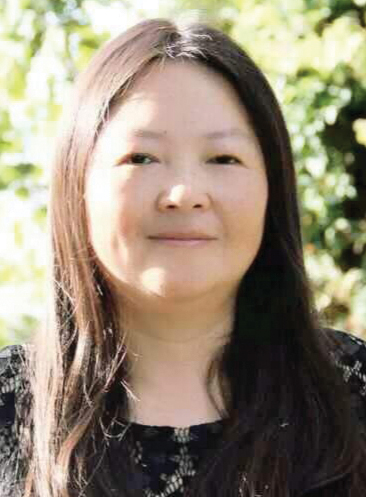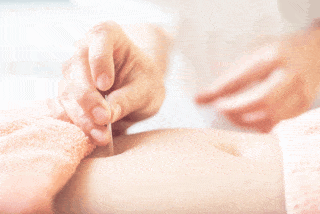
Monterey Institute of Natural Medicine
885 Centre Park Drive
Suite #2F
Columbia, MD

More Acupuncture Articles
Biomedical Insights Into Acupuncture For PMS Treatment

Premenstrual syndrome (PMS), a common condition that affects a significant proportion of women of reproductive age, is characterized by a cluster of physical and psychological symptoms that occur cyclically in the luteal phase of the menstrual cycle. PMS can profoundly impact a woman’s daily life, causing discomfort and emotional distress. Conventional treatments for PMS, including hormonal therapies and selective serotonin reuptake inhibitors (SSRIs), can be effective but also pose potential side effects. Hence, many healthcare providers and their patients have been exploring complementary and alternative medicine (CAM) approaches, including acupuncture, as potential adjunct therapies.
Acupuncture, a key practice in Traditional Chinese Medicine (TCM), involves inserting fine, sterile needles into certain points on the body, called acupuncture points or meridians. According to TCM theory, these points are essential in regulating the flow of ‘qi’ or vital energy in the body, and their stimulation can alleviate various health problems. In biomedicine, the efficacy of acupuncture is often attributed to its influence on the nervous system, encouraging the release of endorphins and other neurochemicals, thus affecting the body’s homeostatic mechanisms.
Here are several ways acupuncture is proposed to help alleviate PMS:
Regulation of the Hypothalamic-Pituitary-Ovarian (HPO) Axis: Acupuncture is suggested to modulate the HPO axis, which plays a crucial role in the menstrual cycle and hormone regulation. Disruption of the HPO axis may lead to hormonal imbalances associated with PMS. Therefore, acupuncture’s potential regulation of this system can help restore hormonal balance and alleviate symptoms.
Improved Blood Circulation: Acupuncture is believed to stimulate blood flow, especially in the pelvic area. This increased circulation could help alleviate some physical symptoms of PMS, such as bloating and menstrual cramps, and assist in body detoxification processes.
Endorphin Release: Acupuncture can prompt the body to release endorphins, our natural painkillers. This can help manage pain-related PMS symptoms, including headaches and dysmenorrhea.
Stress Reduction: By influencing the autonomic nervous system, acupuncture appears to reduce stress and anxiety, common psychological symptoms experienced during PMS.
While acupuncture’s clinical efficacy in PMS management is backed by various studies, it’s crucial to remember that acupuncture should be performed by a qualified practitioner. It’s considered part of an integrative treatment plan rather than an exclusive solution. Individual responses to acupuncture can vary, and ongoing research is required to fully understand and optimize its potential benefits for PMS.
As a medical professional, it’s beneficial to consider acupuncture as a complementary therapy in PMS management, particularly for patients looking for non-pharmacological options or those unable to tolerate standard treatments. This consideration should always be paired with a comprehensive assessment of the patient’s overall health status and personal treatment preferences.

















